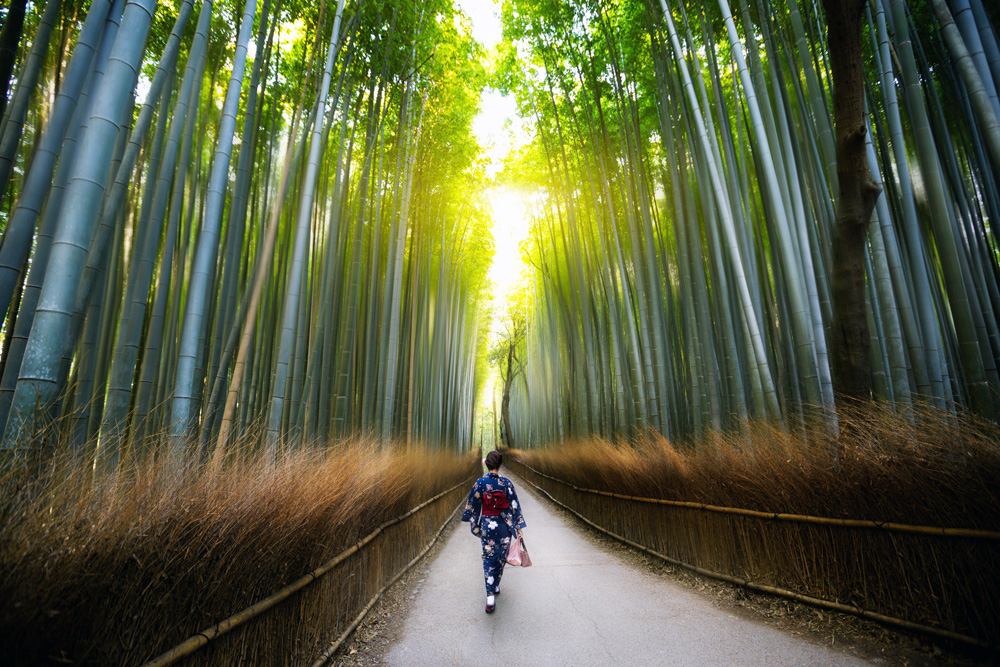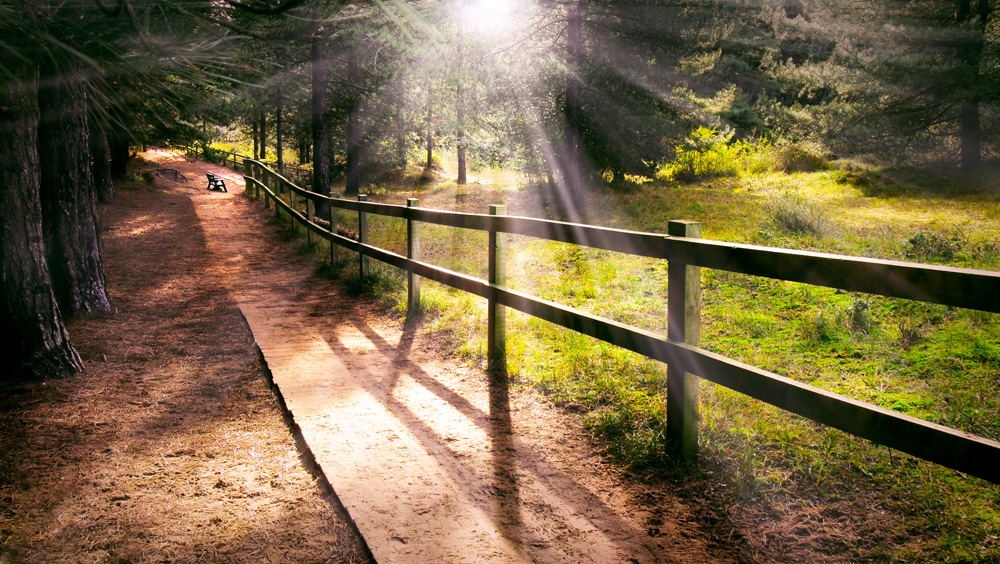
Transcendentalist Henry David Thoreau was definitely onto something in his 1854 essay, “Walden: Or, Life in the Woods.” Thoreau, one of the most important American 19th century literary figures, touted being in communion with nature and understanding the natural world around us. Scientific proof can now back up his claims that being surrounded by nature, a kind of eco-therapy, can improve health and wellbeing.

Thanks to the Japanese, who introduced shinrin-yoku or forest bathing as part of their national public health programme in 1982, forest walks have become extremely popular all over the world. The Japanese Ministry of Agriculture, Forestry and Fisheries termed the coin shinrin-yoku and the word literally translates to “taking in the forest atmosphere” or “forest bathing". It’s all about just basically being in the presence of trees and soaking up the sights, smells and sounds of the natural atmosphere to promote physiological and psychological health. Rather than an invigorating hike or brisk walk and constantly checking your Fitbit or phone, it entails walking slowly and paying attention to everything around you, from the different shades of green to the snapping of twigs under your feet and taking in those revitalising fragrances. The immersive experience, which can be done with a guided tour or solo, gives forest bathers an opportunity to slow down, appreciate their environment and take a break from stressful daily situations.

Starting 2004, Japanese officials spent eight years (and a large amount of money) studying the physiological and psychological effects of forest bathing and then designated 48 therapy trails based on the results. One of the studies showed one of forest bathing’s main health benefits is a boost in immune function. Professor Qing Li measured the activity of human natural killer cells, white blood cells that fight infected or tumour cells, and other immune system markers, before and after exposure to the woods. Li’s subjects showed noteworthy increases in killer cell activity in the week after the weekend forest visit. What’s more, the positive effects lasted a month following each trip in the woods. This is believed to be the thankful work of various essential oils, generally called phytoncides, Trees emit the antimicrobial organic compounds, found in wood, plants and some fruit and vegetables, to protect themselves from germs and insects. So as well as feeling fresher and better, forest air seems to truly improve immune system function.

Forest bathing is also great for relieving tension and anxiety. Experiments by the Center for Environment, Health and Field Sciences in Japan’s Chiba University measured forest bathing’s physiological effects on 280 subjects in their early 20s. They found forest bathers had lower blood pressure, pulse rates and concentrations of salivary cortisol — a stress hormone — when compared with those who ambled through the city. Studies performed in other countries have also shown similar results. Additionally, the subjects had greater parasympathetic nerve activity (the parasympathetic system manages the body’s rest-and-digest system) and lower sympathetic nerve activity (the sympathetic nerve system governs fight-or-flight responses). One possible explanation for forest bathing’s positive effects involves our sense of wonder when viewing natural beauty.

Then, of course, there’s the way reconnecting with nature soothes our spirits too. A study on forest bathing’s psychological effects kept an eye on 498 healthy volunteers, twice in a forest and twice in controlled environments. The volunteers had considerably reduced hostility and depression scores, coupled with feeling more alive, after being around trees. In all, the study proved relaxing around trees can improve overall feelings of wellbeing.
In today’s world, unplugging from all the screens around us, heading outdoors and taking in therapeutic landscapes seems more important than ever. What’s more, since it requires zero effort or training, anyone with access to a forest can benefit from forest bathing.
















